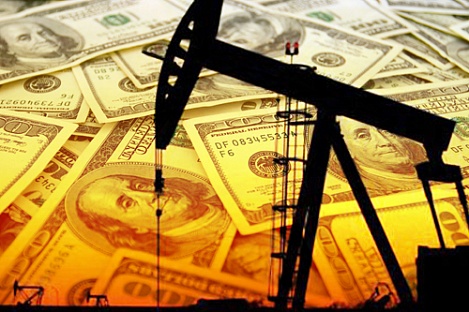BAKU, Azerbaijan, April 28
By Leman Zeynalova – Trend:
European oil majors, namely BP, Total and Shell can withstand most price shocks without significant damage, Trend reports citing Fitch Ratings.
The oil majors could adapt to a low-price environment and preserve their credit profiles if they maintain asset-disposal programs, introduce scrip dividends and suspend share buybacks until oil prices rebound strongly, Fitch Ratings says in a new report.
“We expect all three majors to have significantly higher leverage by end-2020 compared to end-2019, despite the cost-saving measures they have already announced. However, their exceptionally strong business profiles and flexible financial policies could allow them to withstand most price shocks without significant damage to their credit profiles,” said the rating agency.
Shareholder distributions are among the key levers of oil majors' financial policies, according to Fitch Ratings.
“Share buybacks are discretionary and can be cut first. Total and Shell have already announced the cancellation of buybacks planned for 2020. Furthermore, Shell and Total may reintroduce a scrip-dividend option to reduce cash outflows, while BP may stop repurchases of shares issued under its scrip-dividend program. Shell's credit profile would benefit the most from a scrip dividend due to its high dividend/operating cash flow ratio. Although the oil companies entered the downturn with much leaner opex and capex budgets than they did in 2014, we expect project costs to drop further. Capital costs will be responsible for a larger part of cost declines as opex cuts will likely to be limited to 10 percent in 2020,” reads the report.
Fitch now forecasts that oil and gas production volumes will reduce by a low single-digit percentage-point in 2020-2021 relative to its expectations in early 2020, due to the impact of lower projected prices on high break-even, short-cycle projects and new OPEC+ quotas in certain jurisdictions.
“The majors could continue with asset disposals, thereby strengthening their credit profiles. Selling upstream assets is harder in a low-price environment, but we still view asset sales as a viable funding option because we believe valuations will reflect the longer-term view of an asset's cash flow and not just its short-term profitability. Although we project that the majors will have substantially higher net leverage in 2020 compared to 2019 due to the weak performance of both upstream and downstream segments, our rating analysis focuses on end-2021 credit metrics following the through-the-cycle approach. Furthermore, liquidity remains strong for all three companies despite the need to fund negative free cash flow in 2020 and 2021, as projected by Fitch.”
---
Follow the author on Twitter: @Lyaman_Zeyn






